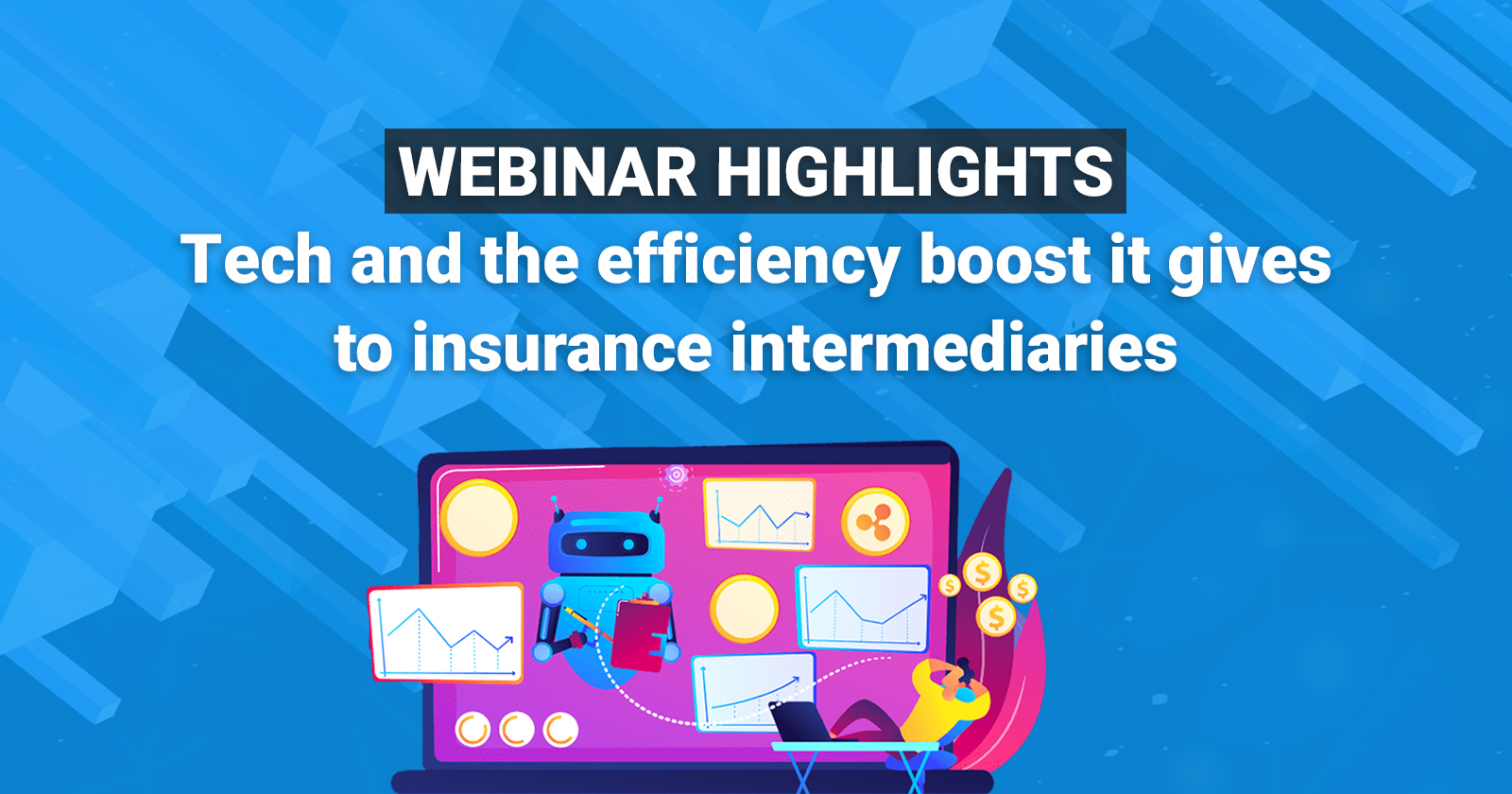
Thank you to everyone who attended this webinar! As always, fret not if you missed out on this webinar. This article will highlight some of the key insights shared at the webinar. With the theme of the webinar being ’Tech and the efficiency boost it gives to insurance intermediaries’, we broke the webinar down into five key segments: We were honoured to have the good folks from Delta Underwriting join us as a co-host for this webinar. As part of Surer’s partnership with Delta Underwriting to help intermediaries gain simpler access to Tech and Cyber related products for SMEs, the team shared key insights into how SMEs who are leveraging tech for their own business efficiency, can better protect themselves against Cyber threats! The webinar was kickstarted by Delta Underwriting as they shared about how Cyber Liability and the context surrounding SMEs with digital platforms. With this in mind, the team went on to share about misconceptions some SMEs may have about Cyber protection. One of the key issues when it comes to cyber attacks would be a breach in PDPC and what could result from such. The topic then shifted to what Cyber Liability Insurance is about. The three core pillars of coverage is further emphasised as per the illustration below: The team went on to share common or key policy triggers as can be seen in the illustration below: To further educate attendees, the team share about the break down of percentage of expenses incurred for Cyber claims: With this, the segment was wrapped up with the team sharing about how the partnership between Delta Underwriting and Surer will be able to give insurance intermediaries a greater, fuss-free way to access products including their SME Data & Cyber Security Protection product which is pre-underwritten where instant quotes can be generated! Following Delta Underwriting’s sharing, the webinar continued with this segment to give attendees the full context of what we mean by business efficiency. This was done by taking the approach of looking back in time and then comparing it to the times we are in right now. The following chart form a report byOrganisation for Economic Co-operation and Development (OECD) was shown: It was shared that technology drives efficiency and eases workload. But it also potentially replaces the jobs of many. Almost half of all jobs could be wiped out or radically altered in the next two decades due to automation. However, the speaker also shared that specifically for intermediaries in the insurance industry, that if intermediaries constantly search for ways to be on the right side of technology – harness the power rather than be overpowered, this trend will not be something that will impact them. It was also shared that here in Singapore, we see the government already trying to act ahead of the curve to encourage digital transformation; for example, the Digital Acceleration Grant for insurance intermediaries announced by MAS at the middle of this year. To further prove this point, the following quote by John Maynard Keynes from the year 1930 (British economist, whose ideas fundamentally changed the theory and practice of macroeconomics and the economic policies of governments) was shared with attendees:
We are being afflicted with a new disease of which some readers may not yet have heard the name, but of which they will hear a great deal in the years to come–namely, technological unemployment. This means unemployment due to our discovery of means of economising the use of labour outrunning the pace at which we can find new uses for labour. But this is only a temporary phase of maladjustment. All this means in the long run that mankind is solving its economic problem.
Essentially, there was a huge lost of jobs as technology started picking up – however, as John Maynard Keynes rightly predicted (now with hindsight), it is only a period of maladjustment and in the long run, we have invented tech to solve or handle our economic problems by being more productive. The key takeaway, looking at this, is that intermediaries should look to harness the power of technology rather than be overpowered by it. This thought on the importance of the role of the intermediary as a human advisor was further echoed in an interview article with the president of GIA in April. The following excerpt was shared:
But while we are observing a growing preference for purchasing general insurance products digitally, our survey work with YouGov also reaffirmed consumers’ preference for the human touch – purchasing policies from agents and brokers – even among digital natives. Despite operating remotely, general insurance representatives play a critical role in enabling the sector to fulfil its promise of protecting customers, boosting financial literacy, and narrowing protection gaps. To this end, efforts to expand the talent pool and upskill the sector workforce to keep pace with an increasing digital economy should and will continue to be a priority for the sector.
We then switched gears to focus on the what we had previously experienced the last couple of years – the pandemic – and how we have learnt to adopt tech for our own betterment (whether by choice or not). We have learnt the benefits of automation We have learnt to work more collaboratively with peers We have learnt to free up more time by leveraging tech We then jumped into decoding the specific pain points that we understand hinders intermediaries when it comes to sales and process efficiency. Tedious quote sourcing practices Manual, labour intensive tracking of deals Slow network growth We then shared that in a recent survey we had conducted, the top 3 pain points intermediaries faced today (ranked by % selected) were This segment of the webinar concluded that many of the pain points are related to manual and laborious processes. Sales and process efficiency basically means not being hindered by such to scale your business. Attendees were then taken to the next segment of the webinar that touches on the idea of what can be expected when intermediaries leverage tech to drive efficiency. The first point shared was that this will result in Zero GI business leakage Having defined what we mean by ‘leaky bucket’, we went on to break down what causes such. Technology can drive greater efficiency to enable intermediaries in similar situations to be able to work with insurers and peers via automation! Technology can provide automated guidance through templated forms, suggestions and process ‘hand-holding’ Technology makes light work of previously tedious tasks, so that this supposed ‘small money’ is income that you can easily keep. Sharing about the ‘leaky bucket’ and the reasons for such is to heighten the awareness amongst attendees that tech helps to minimise hassle to allow you to capitalise on business opportunities! We then shared about yet another benefit that can be derived from a highly efficient process; that of a supercharged relationship between intermediaries and insurers. There is enough evidence in the industry today that showcases the fact that this is as important an initiative for the intermediary as much as it is for the insurer. Research has shown that the majority of customers still WANT to hear from a physical salesperson, even at the early stages of their research. What has changed is the expectations of the customer, when they speak to an intermediary. Tech will remove efficiency barriers but one needs to be mindful to not ‘over-digitise’ and for insurers to run the risk of becoming ‘less human’. Of course, the goodness of tech is what we propound. However, it was also shared that intermediaries should do so for the right reasons! The speaker used the analogy of ‘adding chill to laksa’ and said
You add chilli to your laksa to make it spicier. And you do it because you like it spicier. Not because you see everyone adding chilli and you just follow suit right?
Essentially, trying to drive home the point that one should not just follow a trend just because it is a trend! Do it because it helps the business. The above table was shared to illustrate identifying the ‘why’ and then determining the ‘how’. Going back to the Laksa analogy… the ‘WHY’ = I want my laksa to be spicier. the ‘HOW’ = add chilli! Essentially, tech is available to help rid process and sales efficiency barriers. But how you leverage it and how the users are trained to use it will require effort. In this segment, the speaker shared a number of case studies on how the industry viewed the intermediaries; the human enabler that is so important in the ecosystem. The key takeaway that was shared from the above articles was that human enablers, and specifically, intermediaries, play a more important role now, more than ever. To leverage this importance would mean the help they will require from using technology in the business We entered the last segment of the webinar by sharing how, whether we like it or not, that the digital evolution has begun. What this digital evolution entails is that expectations of the customers have vastly changed as well – they know how technology IS available and will expect a more efficient experience. Having said that, the new age intermediary will still have their place in the ecosystem and an important one as long as they focus more on consulting instead of selling. To uplay their advisory skills now that they can leverage technology to free more time to do so. Efficiency in customer interactions Automation will be an expectation Don’t disrupt just for the sake of it Enhancing your value with technology Technology can help improve not replace — Once again, here’s taking the opportunity to thank all our users who made time for this and we hope to see you again in our next Webinar! Subscribe to our Telegram channel or stay tuned to our Facebook or LinkedIn pages to get updates on more of such initiatives! It is fuss-free. No credit card or payment required.Key highlights
Sharing by Delta Underwriting
Why does a business need this cover?
Misconceptions among SMEs
Main issues from PDPC enforcements:
Cyber Liability Insurance
What does it cover?
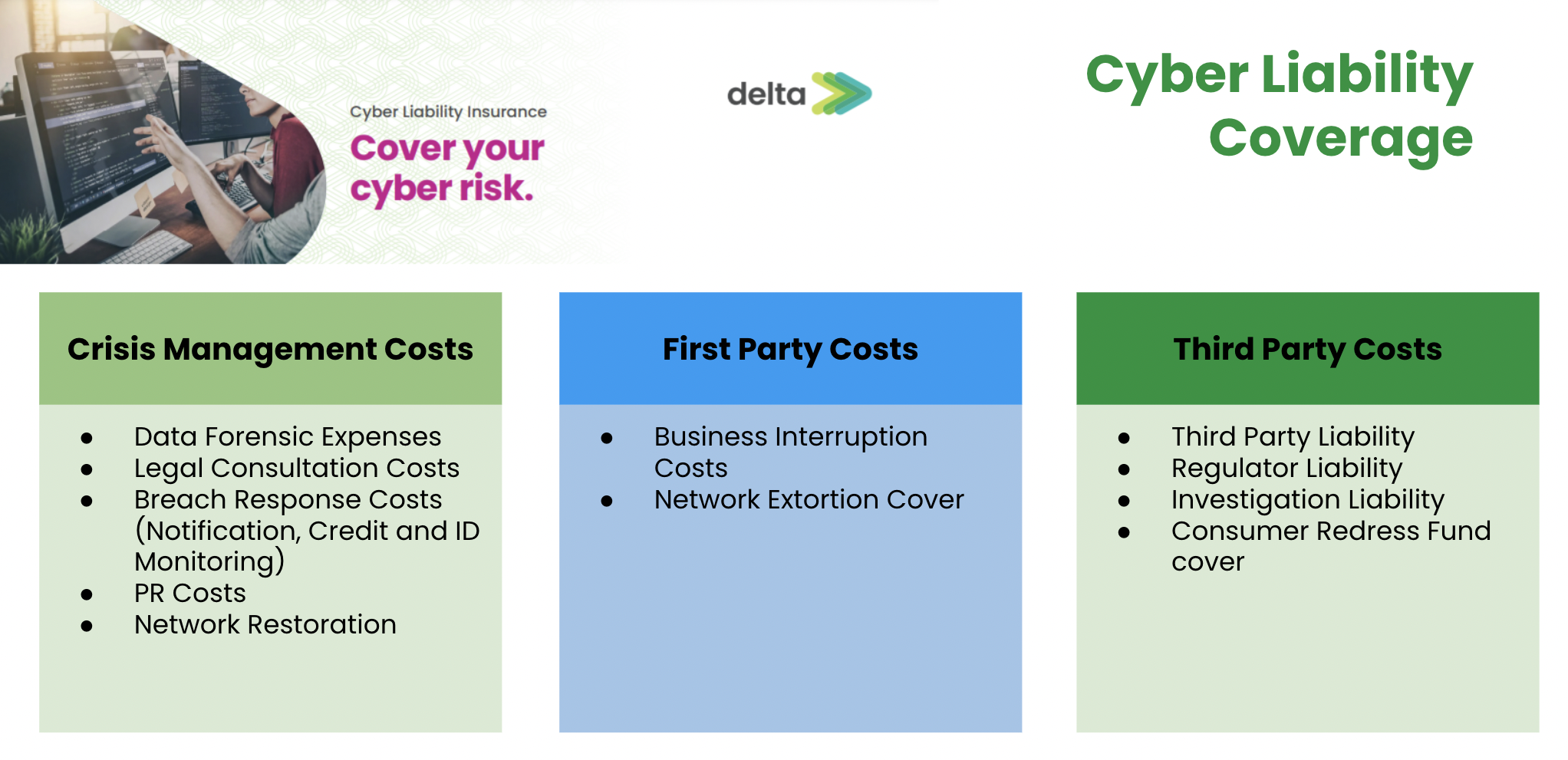
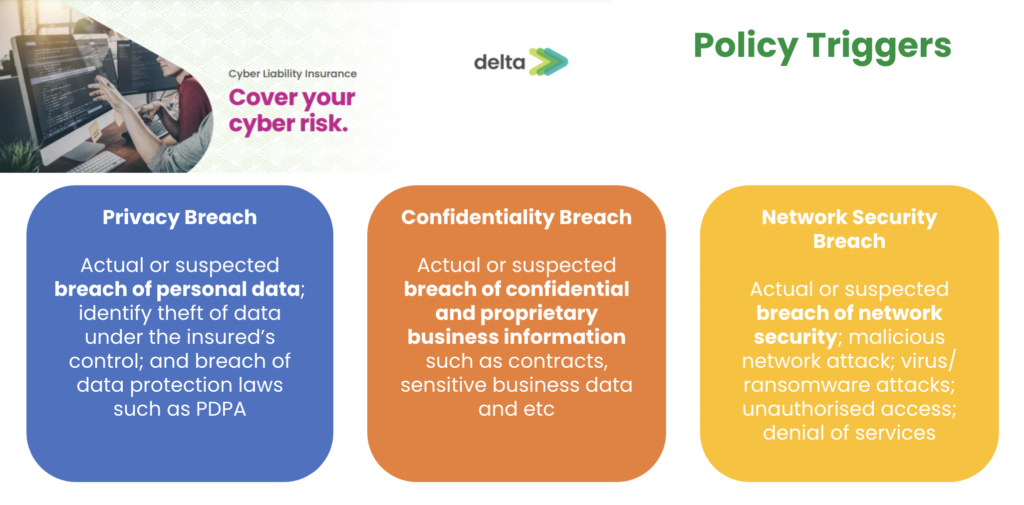
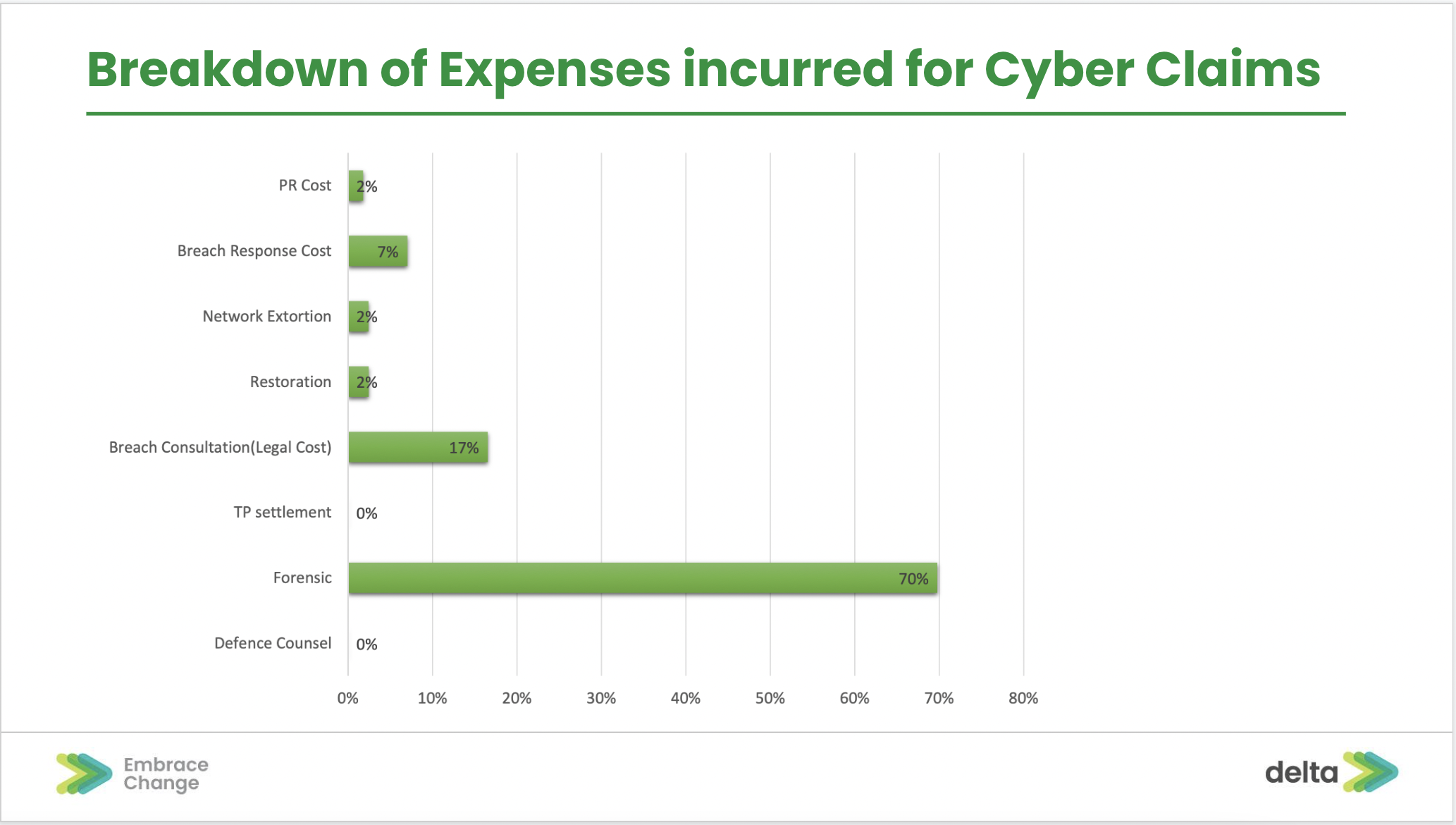
Learn more about Delta Underwriting’s suite of product offerings on Surer here >>>
Business efficiency and what it really means
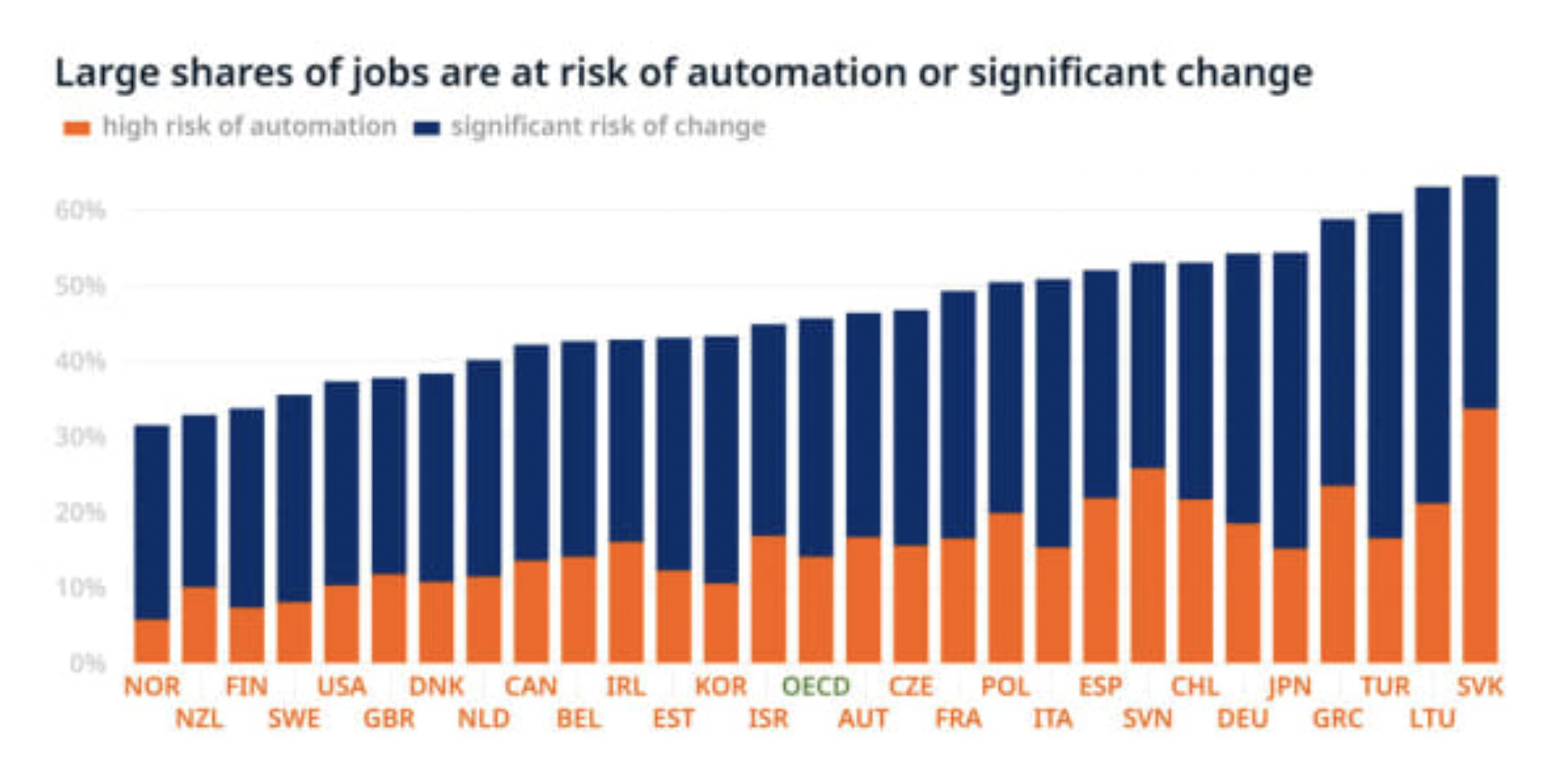
How the pandemic has ‘forced’ this upon us
Decoding sales and process efficiency related pain points of an intermediary
In a highly efficient world, what are the tangible benefits for your business
Cause of the leaky bucket: ‘too troublesome’
Cause of the leaky bucket: ‘too complicated’
Cause of the leaky bucket: ‘small money’
Supercharged relationship and processes with insurers
Supercharging the efficiency of the sales force
Research online, purchased offline
Syncing the two worlds
Digitalise for the right reasons
Know your why… then think about how
WHY
HOW
I want to close a deal faster
Cut out all the (repetitive) effort you have to put in to source for multiple quotes
I want ease in managing my business
Automate the tracking of all your deals (past, present or future)
I want to close more deals
Expand your network digitally to get more referrals
Case studies: how the industry is viewing ‘human enablers’ (intermediaries) vis-a-vis tech
Article referenced: 2022 insurance industry outlook
Article referenced: How Agents and Insurtechs Can Work Together
Article referenced: 5 reflections on the insurance industry in 2021
Article referenced: Embracing the Human Side of the Bionic Insurer
Digital transformation to drive greater efficiency amongst intermediaries
Why the new age intermediary cannot be replaced
Are you an Insurance intermediary? Sign up for free now!
Subscribe to our Telegram channel to get the most insightful articles delivered to you automatically!
